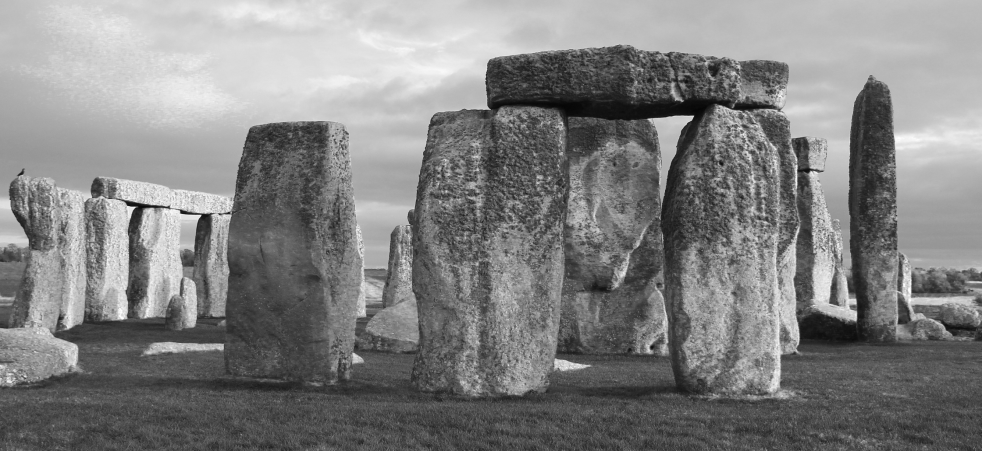 Humankind: A Hopeful History by Rutger Bregman (Website, Twitter)
Humankind: A Hopeful History by Rutger Bregman (Website, Twitter)
Genre: nonfiction/ sociology
Setting: n/a
I read it as a(n): hardback
Source: my own collection
Length: 462 pp/time
Published by: Little, Brown (2 June 2020)
Her Grace’s rating: 5 out of 5 stars
It is hard for me to know how to review this book. I usually have a hard time reviewing nonfiction books anyway – “my favorite fact was…!” – but Humankind in particular is difficult. I am not sure how to put into words my thoughts on it or why it was one of my favorite books of 2020. But it was a book I read exactly when it was the book I needed to read. I found some parts a little too optimistic, but that might also have been my ingrained cynicism and generally dark personality giving me bad advice. I am not by nature a person who is cheerful and bubbly. Gross.
However, the subtitle of this book is A Hopeful History, and it is a perfectly timely book for 2020, the year of the eternal garbage fire. Bregman’s premise is that humans are NOT, in fact, all terrible, and the point of his book is to show others that he is right and that the Hobbesian view of the world is inaccurate. Hobbes was the dude who said that the life of man is “solitary, poor, nasty, brutish, and short.” Cheery. Despite almost universal belief to the contrary, Bregman lays out the studies which show that most people are basically decent, would help others in a crisis, don’t have depraved instincts, and so on. He tackles (in)famous examples of humans apparently gone feral and shows how what we thought we knew about them is most likely incorrect.
Soldiers in wartime, for example, often never fire their guns at all, and when they do, they often shoot too high so as to miss hitting anyone on the other side. Most wartime casualties occur from a distance because of bombs and the like, not because of soldiers killing one another.
Bregman also looked at a case from 1960s NYC in which a young woman was stabbed to death. Papers reported that her neighbors heard her cry for help but did nothing; the truth was that many of her neighbors came out to help and she died in the arms of a friend. He explains how the incorrect version of events was perpetuated and shows how it happens still in today’s mainstream media. That was a particularly interesting section.
The discussion in Part 4 on pluralistic ignorance was especially good. Pluralistic ignorance is when individuals personally reject an idea but go along with it publicly because they incorrectly think most other people in their peer group agree with it. It is basically American society in a nutshell. Pluralistic ignorance explains a very great number of problems we seem to have, from adherence to religious faith to Republicanism to antiscience rhetoric. I keep saying if we teach logic and compassion at every level of education, we would be a much healthier society in a multitude of ways.
Overall, this was exactly the book I needed to read to round out 2020. I will be glad when this awful year is over with, and I hope with the new year will come some better semblance of rationality in society.

Great review! I’ll add this to my list!
LikeLiked by 1 person
It is definitely a great read, especially for 2020!
LikeLike